A film about the role bees are playing in the revival of Maya culture in Yucatán.
Reviews
A beautifully filmed documentary that highlights an important struggle that points to some of the most pressing questions of our time. Maya Land is simultaneously contemplative and concrete, centering Mayan voices and struggles, and placing traditional worldviews in dialog with contemporary scientific perspectives. The longstanding relationship between Mayan beekeepers and the Melipona bees, and the dire situation of the latter, is placed in the broader context of environmental degradation in the region. The documentary casts a humane eye on all the figures involved, without downplaying the urgency of the issues involved.
Dr. Joseph Patteson
Assistant Professor of Spanish
Department of Languages, Literatures and Cultures
A beautifully accomplished, exquisitely detailed film about bees, people, and the relationship between them, as well as the environmental hazards that threaten them, in the Yucatán Peninsula of Mexico.
Elizabeth Carolyn Miller
Professor of English
University of California, Davis
Mayaland: Listening to the Bees (2022), directed and produced by Kata Beilin, is the most thought-provoking documentary I’ve seen recently. Its seamless integration of agroecological and socioecological research, journalism, and cinematic art matches the Mayas’ wholistic vision of the universe. Thanks to the filmmakers’ unintrusive approach, the Yucatan’s environment and the Maya community loom large – intense and beautiful. This must be a result of deep understanding of the subject matter and the empathy and admiration for the community’s determination to save their world and values.
I’m particularly impressed with the subtle telling of the story, which begins and ends with listening to and learning from the Melipona beecheii. Despite the unavoidable linearity of the narrative, the viewer grasps the non-linear, non-hierarchical interdependence of people, land, water, forest, crops, and pollinators. This should enhance the educational effect of the film on audiences with anthropocentric cultural background.
The ingenious economy of crop rotation (milpa), which sustains the biodiversity of the area, is contrasted with the shortsighted entrepreneurship practiced at one of the Mennonite settlements. While at the two approaches seem to be irreconcilable, it soon becomes clear that cooperation between the indigenous Maya population and the Mennonite settlers is not impossible – at least one farmer has stopped using pesticides and has constructed a compost machine.
The film masterfully highlights the continuity in the three-thousand-year-old relationship between the Mayan people and Melipona beecheii. We witness the strength of the new intercommunity organization which overcomes various political and economic obstacles with laudable determination inspired by listening to the bees, to the forest, to the sacred world in the roots of the Tree of Life.
Katia Mitova
Graham School, University of Chicago
The relationship the Maya people have with bees can and should teach us about living in more harmonious ways, where humans understand themselves as part of the environment, not its lords and conquerors. Maya Land captures this relationship and what is means in beautiful cinematography. It shows us right and wrong ways to be while also revealing the struggles the Maya have to undertake against modern agriculture and new colonizers. Watch it if you have the opportunity.
Esty Dinur
WORT 89.9FM
After we saw Maya Land: Listening to the Bees here in upstate New York, Arden Hayes, our local Master Beekeeper told me that what most impressed him about this documentary filmed in the Yucatán peninsula was the way it showed “how industrialized agriculture threatens landscapes, biodiversity and cultural heritage, while spotlighting the need for humans to understand that we are part of nature, not in control of nature.” As he writes in his blog (https://www.bmdooney.com), “Honey bees are social organisms that depend upon their group dynamics and colony structure to survive. The honey bee does not live in nature as a solitary insect.” What can we learn from the bees and the systems found in the physical world to solve the complex problems created by our destructive actions? What are the consequences if contemporary humanity doesn’t begin to listen to the bees and those who are experts in listening to the bees, especially the Maya who have been caring for the Melipona bees, generation after generation for thousands of years? The directors of Maya Land: Listening to the Bees, Kata Beilin and Avi Paul Weinstein, deserve the highest praise for their unflinching and uplifting film.
Steven F. White
co-creator of Microcosms: A Homage to Sacred Plants of the Americas
An exquisite documentary. Maya Land: Listening to the Bees tells stories of resistance and renewal as Indigenous Yucatan communities organize to save their melipona Bees from the trespass of genetically modified soy monoculture. Like Mayan cosmology, the story deepens in time and spirit, revealing a 3,000-year-old world, the milpa polyculture system, where both bee and farmer are learners, bee and farmer are teachers. This is a universe, says maya poet Pedro Pablo Chim Bacab, “where there are no objects, we are all subjects, including the trees, the plants, the stones, the animals.” Centering Indigenous expertise, directors Kata Beilin and Avi Paul Weinstein share a model of decolonizing film-making, while their meliponan and mayan collaborators share lessons in ecocultural adaptability.
Lynne Heasley, Ph.D.
Professor
Institute of the Environment and Sustainability
Author of ”The Accidental Reef and Other Ecological Odysseys in the Great Lakes”
Maya Land: Listening to the Bees is a stunning documentary that addresses the negative impacts of the Western worldview of more-than-humans as objects and of the subsequent devastating impact of Industrial agriculture on Indigenous communities, biodiversity, and more. The documentary demonstrates the web of interconnections. It’s a gorgeous film that shows the strength of solidarity, communities working together, and activism and the ways in which Indigenous Knowledge can lead to innovations. It’s a hopeful, beautiful film that we need right now.
Dr. Bridgitte Barclay
Associate Professor
Chair, English Department
